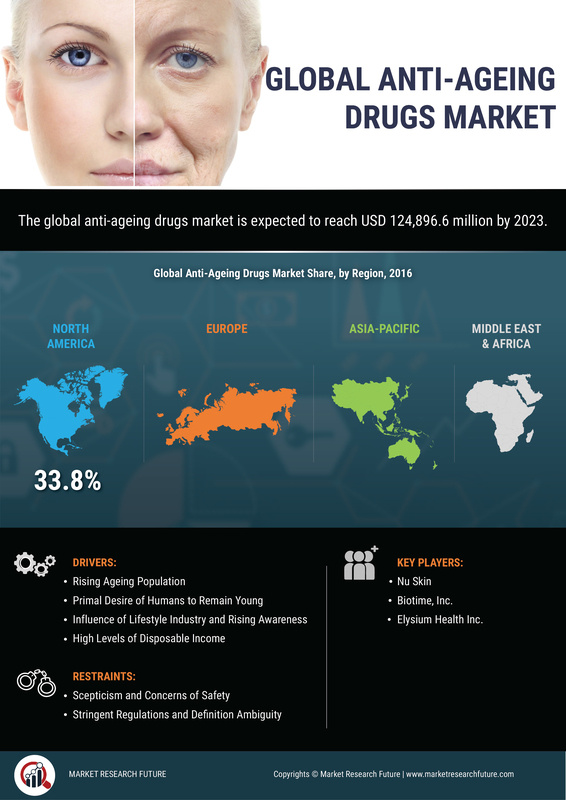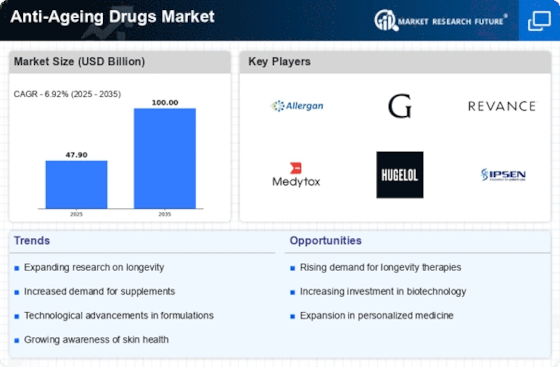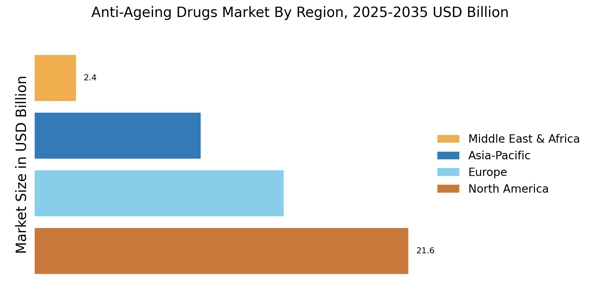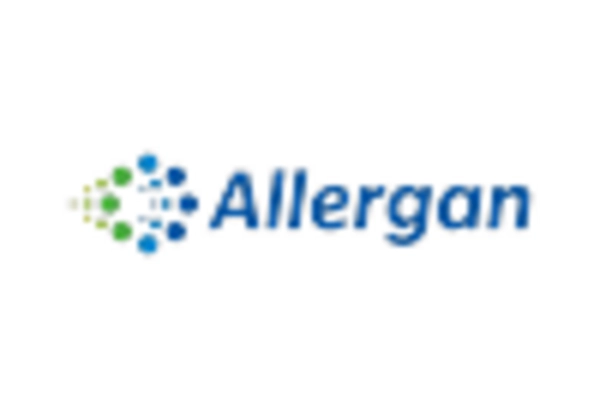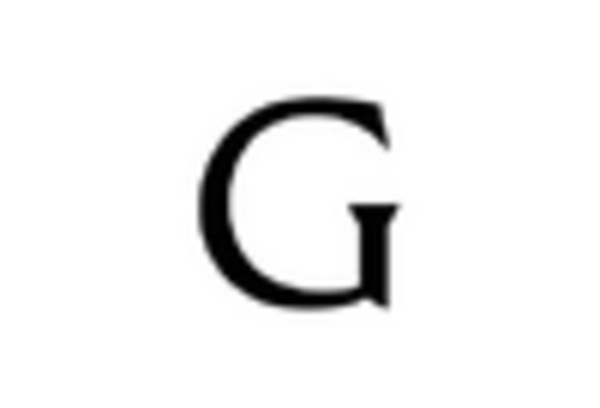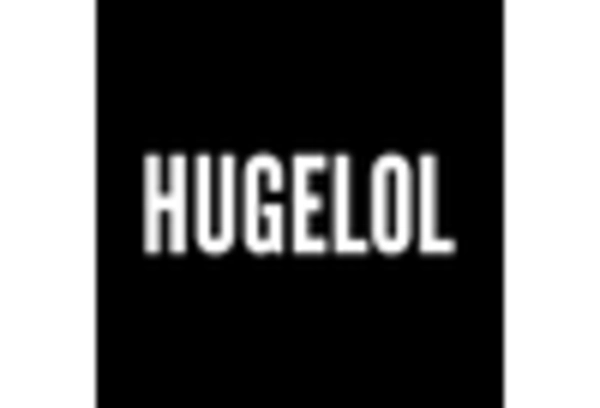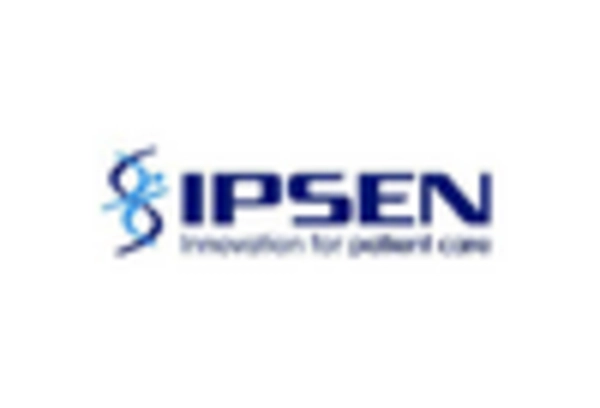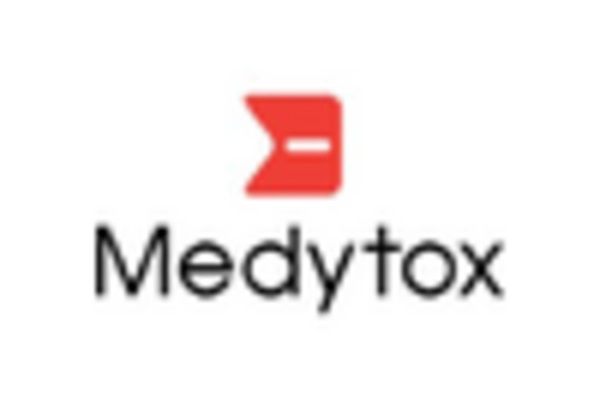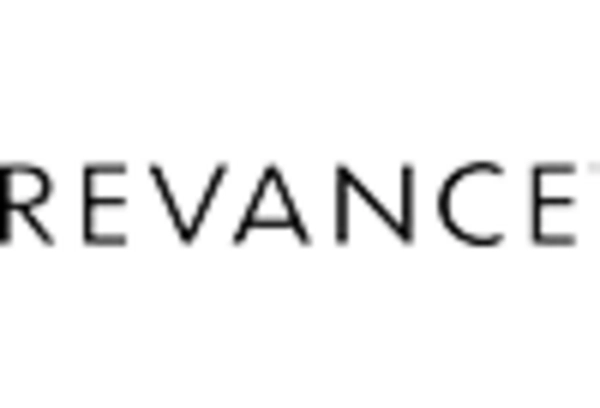Research Methodology on Anti Ageing Drugs Market
Research Approach
The research approach for this research report is divided into five distinct sections, namely: 1) Literature review, 2) Development and Evaluation of the Research Model,3) Data Collection and Analysis, 4) Results and Findings and 5) Conclusion.
1. Literature review
For this research, a literature review is done to gain a holistic understanding of the Anti-ageing Drugs market. The extent of the literature reviewed is mainly focused on current market trends, emerging technologies, drivers and restraints, market segments, competitive landscape, etc. Primary sources include published reports, books and other documents and secondary sources include government reports, analyst reports newspaper and magazine articles, databases, online materials and internet resources. The findings of the literature review were used to gain an insight into the competitive dynamics of the Anti-ageing Drugs market, key opportunities and sales outlook.
2. Development and Evaluation of the Research Model
The research model for this research report is developed using PESTEL and Porter’s Five Force Analysis framework. Through PESTEL analysis, the key macro-environmental factors that affect the Anti-ageing Drugs market were identified and analysed. Alongside, Porter’s Five Forces analysis was used to determine the competitive intensity within the market, further allowing the research team to gain insight into the bargaining powers of suppliers, buyers, and the extent of competition within the market.
3. Data Collection and Analysis
The data used in this research report is collected from a variety of sources including primary and secondary sources. Primary sources include interviews with industry experts and industry stakeholders. The interviews were conducted to gain an in-depth understanding of the market dynamics, current trends, challenges, etc. Secondary sources include industry journals, newspapers, and other published documents available in the public domain. The research team also conducted an in-depth analysis of the published reports, databases such as Bloomberg, Factiva, and EDGAR.
The data collected from these different sources were analysed using both qualitative and quantitative research techniques. Statistical tools such as SPSS and EXCEL were used for analysing the data to identify trends and relationships.
4. Results and Findings
The results and findings of the research report were based on the analysis carried out on the collected data. Based on the analysis, the report provided a detailed overview of the Anti-ageing Drugs market, with an in-depth analysis of the market drivers, challenges, and opportunities. It also provided an analysis of the various market segments and a detailed view of the competitive landscape.
5. Conclusion
Based on the results and findings, the research report provided a detailed overview of the Anti-ageing Drugs market and a detailed analysis of the key market players. Further, it provided an insight into the challenges and opportunities in the Anti-ageing Drugs market. The research report concluded with a comprehensive evaluation of the market trends, segment outlook, and an outlook for the future of the Anti-ageing Drugs market.
